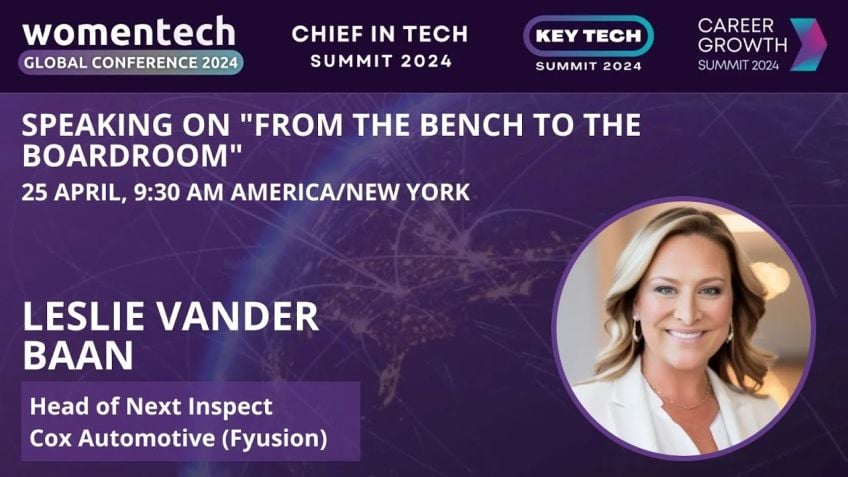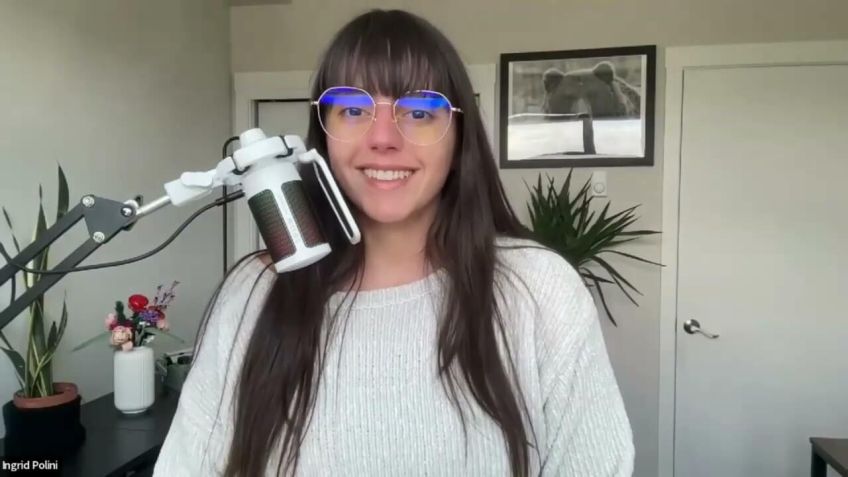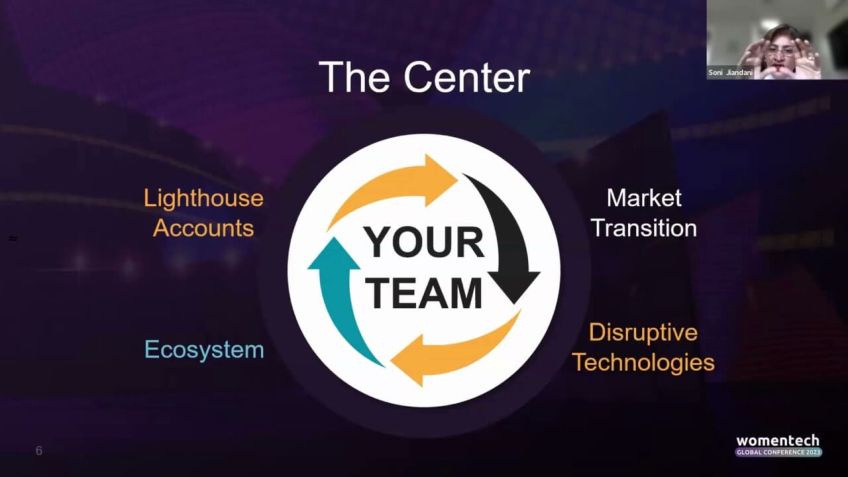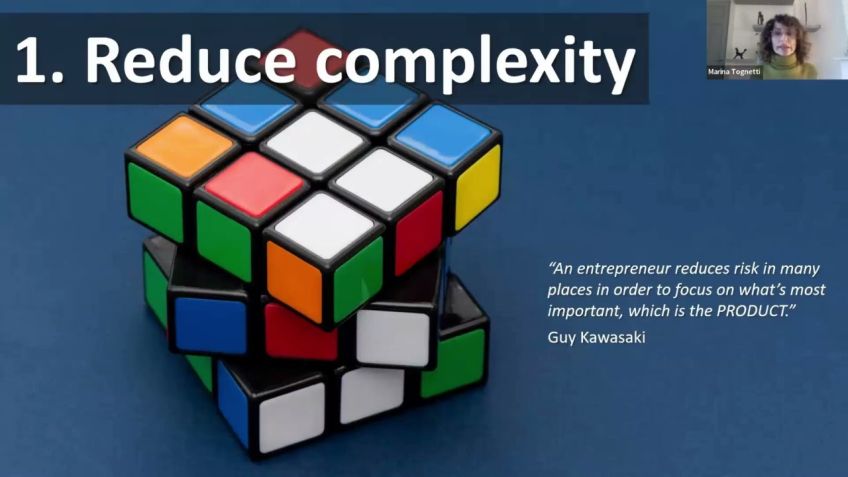The Wisdom of Entering a Crowded Market
Garima Kapoor
COOThe Wisdom of Crowded Markets: A Perspective from Karima Kapoor, Co-founder at Mino
In this blog, we dive into an enlightening discussion with Karima Kapoor, the Co-founder at Mino, on understanding the wisdom behind crowded markets and utilising it to one's advantage. Kapoor provides a unique lens on the subject matter, drawing from her personal experience as an entrepreneur and investor.
Opportunity in Crowded Markets
Crowded markets often instil a sense of intimidation. However, Kapoor views it through a different lens, where a single term defines it - Opportunity. Kapoor believes that crowded markets are an indication of a healthy market that can accommodate numerous competitors catering to the same set of customers profitably. She sees crowded markets as a sign of a growing market that can create opportunities for entrepreneurs to disrupt and innovate.
Disruption in Mature Crowded Markets
An intriguing aspect Kapoor focuses on is the opportunity for disruption in mature crowded markets. She firmly believes that mature markets with established players are ripe for disruption, as these products age over time and big companies often fall into innovator's dilemma, making innovation secondary.
Targeting the Enterprise Tech Market
Kapoor highlights the enterprise tech market as an interesting domain due to its dynamic attributes. She discusses how behemoths like IBM, Oracle, and Microsoft dominate this space while a thriving ecosystem of startups also exists.
Understanding Market Dynamics and Distribution Strategy
The idea of successfully navigating through a crowded market and acquiring the lion's share is discussed. Kapoor emphasizes the importance of aligning differentiation, whether it's product differentiation, business model, pricing, or service differentiation, to a robust distribution strategy.
Company Culture and Product Quality as Essential Elements
Kapoor considers two critical factors for any startup or company - the right product and the right culture. She believes that while other aspects can be fixed over time, without a quality product and the proper company culture, even the best strategies might fail.
Focus and Value in Crowded Markets
Drawing from her experience, Kapoor underscores the need for focus in startups and the necessity to deliver value through it, warning against being sidetracked by fleeting trends. She advices startups to have a clear bigger goal and develop strategies around it.
Thriving in Crowded Markets: Summing Up
Kapoor ends the discussion with crucial advice for aspiring entrepreneurs: crowded markets are crowded for a reason. They provide the perfect opportunity for disruption through innovation. While saturation is always a risk, it is also an opportunity for evolution. She emphasises the need for market research to ensure a potential market's pace and growth before stepping in, and reminds aspiring entrepreneurs to always look for the opportunity in crowded markets.
To ask any further questions or connect directly with Kapoor, feel free to reach out via her email, Twitter, or LinkedIn.
Remember, in crowded markets, it's always about finding the right opportunity and the best way to seize it!
Video Transcription
Karima. Thank you for having me here. Firstly, my name is Karima Kapoor. I'm one of the co-founders at Mio. So Mina is a high performance software defined storage. We founded the company back in 2014.So from zero lines of code to now, we are the fastest growing object storage out there. Just wanted to give you a little bit of background before we get into the real topic here, which is the wisdom of the crowded markets and essentially how to tilt it in your favor. You know, when I was uh given this topic, uh only one word came to my mind, which is opportunity. Uh However, I wanted to validate my thinking with uh some of my colleagues and uh I went and did a small survey with uh my teammates and asked them, OK, what does crowded market uh mean to them? And if you see essentially they've answered uh this question more from a customer perspective, you know, choosing the best unique selling point, strong brand price wars, which translates into more value for them as an end customer and so on.
Um my lens is a little bit different because most of my life has been uh as an investor and as an entrepreneur. So for me, I, the only thing that crowded market translates for me is just in one single term, more money, more opportunity to disrupt. And the reason being is that uh essentially a crowded market is a really good signal that the market is healthy because then only you will have multiple competitors competing for the same set of customers and it can absorb more competition and they can be profitable independently.
So for me, it's a sign of a growing market and that's why I I translated into, you know, growing market always is good for the customers. It's good for the uh for an entrepreneur uh uh uh themselves to make more money. Secondly, I like crowded markets because more crowded it is and more mature, the market gets, you know, there's uh for example, like if it is a 10 year time gap and there is like 10 to 50 big players in the market, there is a room for disruption because those those products get aged over a period of time.
And a lot of these big companies go into the innovators dilemma approach. So for them, it is for them, innovation becomes second if I might add. And that is, I think presents a very sweet spot for an entrepreneur to go and disrupt the market. So again, crowded market translates more from, from my perspective as an opportunity to disrupt the existing stack or the existing products out there and bring to the market something new and refreshing. So that, that's why I viewed like crowded markets are a really good signal uh for, for an entrepreneur. And same goes from the investment perspective as well. If uh a start up is coming for me for an advice or for investment, I always ask, uh uh you know, I always get my Adina raised when they say, OK, we don't have any competition. You know, there is a reason why there is no competition in that space because there is no demand, no money. So uh so just coming to coming back to what does crowded market mean to me, it's more from opportunity, more money. That's how I translate it to, to that. So for our discussion, um today, we will focus primarily a segment of the market so that we can go a little bit deeper. The uh the market that I like a lot is the enterprise tech market.
Uh Just because of the dynamics of it. Uh I, I'm staying away from the customer segment uh because of a reason because the dynamics are a little bit different when you are selling from B to C versus B to B. So for our discussion, I would like to just uh uh structure it in a way for the enterprise uh tech market and B to B uh B to B segment. And that, and when you see the enterprise uh tech market, it is essentially dominated by, you know, around 20 players say IBM Dells of the World Netapp of the World Oracle, uh you know, and so on. Salesforce Microsoft. And one of the interesting characters is that even though there are giants in this space, there is also very thriving start up ecosystem. Like there are last we checked, it was around uh 2500 start ups as per crunch base within this segment. And of course, now if you add up medium and uh small size uh companies as well, that number uh quickly expands into, into much more bigger scale. So it's a very uh it's a very crowded market from a high level standpoint. But also it's a market if you say it's dominated by only a couple of players, and then there is a a long tail to it, that's very unique to tech market overall because the the leader who gets the biggest market share is the winner of the market.
And then there is, then the rest of the market gets split between the rest of the players. So it's very important that uh if any start up is looking to enter into a tech uh enterprise tech space, they once the product market fit has been established, they create a distribution strategy to go and gulp the biggest chunk of the market. I think that becomes extremely important. And then there are, you know, you can see the distribution and back it up with a differentiation, whether it is from business model perspective, product differentiation, pricing, service differentiation and whatnot. But at at the end, everything needs to translate into bigger and better channels for distribution. Like for example, some of the tech companies, how they create differentiation or get to the uh distribution aspect is a premium model, maybe you know, get as much as adoption and later convert them into paying customers. Similar thing uh what we did in Menai when we started uh the company, the storage company, uh you know, uh the storage industry has been dominated by appliance players.
Secondly, nobody wants to bet on uh you know, uh changing their storage stack very uh uh you know, frequently as compared to if you are building maybe an A I application, you know, you are more willing to experiment there rather than, you know, the state where the data persists.
And then thirdly when we started the cloud was still in uh you know, infancy. So in that way, when we entered the market, it was yes crowded. But also there was an opportunity that we saw that if we just focused on one particular thing, which is the object storage uh market, we will emerge as a winner because all the signs that the market is growing at, at this uh at, at a much greater rate than what the current uh competitors can absorb.
All those signs were there And secondly, our distribution strategy was go open source. I think uh that is one thing that we really adopted and have been true to it from day one, which is, you know, 100% open source. We care for our uh community and the customers to be able to download 100% of the product have a good experience with it. And then once they take it into the production, they come and engage with us from commercial standpoint. So that was our distribution strategy. Now, you know, it might work for you or it might not work for you. Uh Because the way storage is it is a critical part of any infrastructure stack. Once you put the data in, you don't want to take any chances. And that's the reason why customers generally translate from open source to a paid version. Now, if you have a product, see on the compute side of things, uh uh you know, which can easily be replaced, it's not super critical for you. Maybe open source might not be the best strategy in that way. So, you know, every company needs to really decide what is the soul of uh of your organization overall and then go and execute and strategy and uh expand on that. I think that is a very critical uh uh part of it. Secondly, um I would say, I think to any start up, I always say that or to any company for that matter.
You know, if you have the product and the culture right, then you can fix the rest everything. But if you don't have the right product, the quality of the product is not there. And if the culture of the company is not there, then even God cannot save you. So uh that's my, always my thing that get your product right? Get your culture, right? And culture is a thing that breeds and grows over time. It cannot happen in day one. So as founders, you really need to lay the foundations of the company correctly and lead by example, if you want to have like a healthy culture for us, we were very, very mindful and thoughtful about how we build the team. For example, we never hired anyone from the storage space. Uh You know, even though we are uh technically play in the storage market overall, for us, we knew that we needed more refreshing ideas. And that's the reason we are closer to data play rather than a storage play overall. So that, that really helped us. And second thing is that we always hire, uh we don't hire traditional rock stars. We say that, you know, you will become rock star. Once you join the company, we will give uh give you enough grounds to grow and make mistakes and learn and you will eventually get there. So we only look for, you know, great attitude and the ability to learn. I think those are the foundational thing.
And I think as if you get the culture, right? You can move mountains. I mean, you can do unbelievable things with the right team. So I cannot stress this enough. So that's uh again, a unique way to create a differentiation for you as a company and also as a as the uh for you as a company, as well as to create differentiation in the crowded uh crowded market. Another thing uh unique about the enterprise tech space like I was uh mentioning earlier, right, if you have the product in the culture, right, you can do whatever you need. So and also because the mic market share is so important uh for you as a company. And I, and this goes uh uh you know, this holds true for the bigger companies as well. That's why this space also sees a lot of MN a happening and consolidation happening because for bigger companies, it's hard to innovate and spend that much resources on a particular project or uh or new product offering, it's much more easier for them to innovate. And if you have the right kind of team to do that, then again, the integration with the uh with the holding company becomes extremely easy. Case in Point Dell has remained relevant for so long.
I was reading Michael Dell's tweet the other day, you know, they've been in business for 39 years and the reason why they have remained so relevant as a bigger player in the entire enterprise tech is because they grew through M and a strategy amazingly well, and also they executed on it.
You know, they bought the companies, they didn't uh kill the products, they retained the culture of the company of, of the companies that they acquired. So that is another characteristic that you will see much more in the, in the crowded markets as compared to in, in enterprise tech crowded market. That's how I would uh frame it again. Um For uh you know, one of the strengths that start ups have that big players don't have is uh is focus and to be able to deliver value through that focus, you know, uh like it's mentioned on the slide here, you know, start-ups die more often from indigestion than starvation.
I mean that I that's true, almost 100% of the times you need to be focused in terms of your execution, in terms of your strategy. And there are always trends in these crowd. Uh Another thing is that in these crowded markets, there are always trends that you will want to latch on to, to grab that market share again, right? For example, in our storage space, you will keep on seeing these trends emerging and then dying off the thinking is that you should not uh go and fall for the trust because what that will happen is that it will consume a lot more of your resources and lot more of your energy uh that would have been well spent on building the product and getting the product out there in the market sooner and getting the market share through that rather than latching on to some of the trends which might not work best for your company.
So I think for that, it's extremely important that uh you need to think a little bit more uh carefully about the, the product that you've picked and remain focused on that. I'm not saying don't nitrate over time, but nitration happens on the strategy a little bit. But uh your bigger picture and the bigger goal, you, you need to make sure you're always having that at the back of the mind. Uh Before uh uh you pivot uh in a major way that we see quite often that happens in, in the start up world as well. So, I mean, in terms of um you know, just closing thoughts, I think I went, went through a lot of slides pretty quickly. Uh But uh to summarize uh uh this session, I would just see that. And, you know, there are crowded markets and they are crowded markets for a reason. And uh it is, it is the right opportunity to provide disruption in these markets through innovation as an entrepreneur. That's how you should view it. Crowded markets are uh not a sign that there is no space for competition, what it needs to translate into how fast the market is growing. And if you, if that data point is validated, then I don't think so. There is any reason to hold back from that. Uh I think that is one of the key thing about how I uh think about the crowded markets.
Of course, if a market is crowded and it is nearing towards saturation and not growing at the pace that you see other markets growing, then of course, in those cases, you need to stay away from that as it uh you know, like, you know, it happened to printer industry, it happened to, you know, newspapers being replaced by digital media and so on so forth.
So you see that saturation happen, but it's an evolution, uh you will see in an evolution of the market. And at that time, you will see one by one, those competitors ultimately start uh feeding away and the market is just, you know, nobody wants to go into the market again, bringing to my point as an investor. If someone tells you that there is no competition in this space, always go back to basics that there is a reason for it, there is no money and nobo nobody is willing to uh willing to pay for the product out there. So that that's pretty much uh pretty much my uh talk here. I'll be happy to take the questions. Are there any questions if you want to reach out to me after the talk please feel free to uh reach out to me. This is my mail ID Twitter handle, linkedin. I'm available on all three. Please feel free to reach out to me there and uh I'll be happy to answer any questions you have. Well, thank you very much. I really appreciate your time. I think there are no, no questions uh for me, I really appreciate your time and uh uh please feel free to connect with me. And uh yeah, looking forward to staying connected and answer any future questions that you might have. Thank you.






